Summary: Right Thing, Right Now by Ryan Holiday
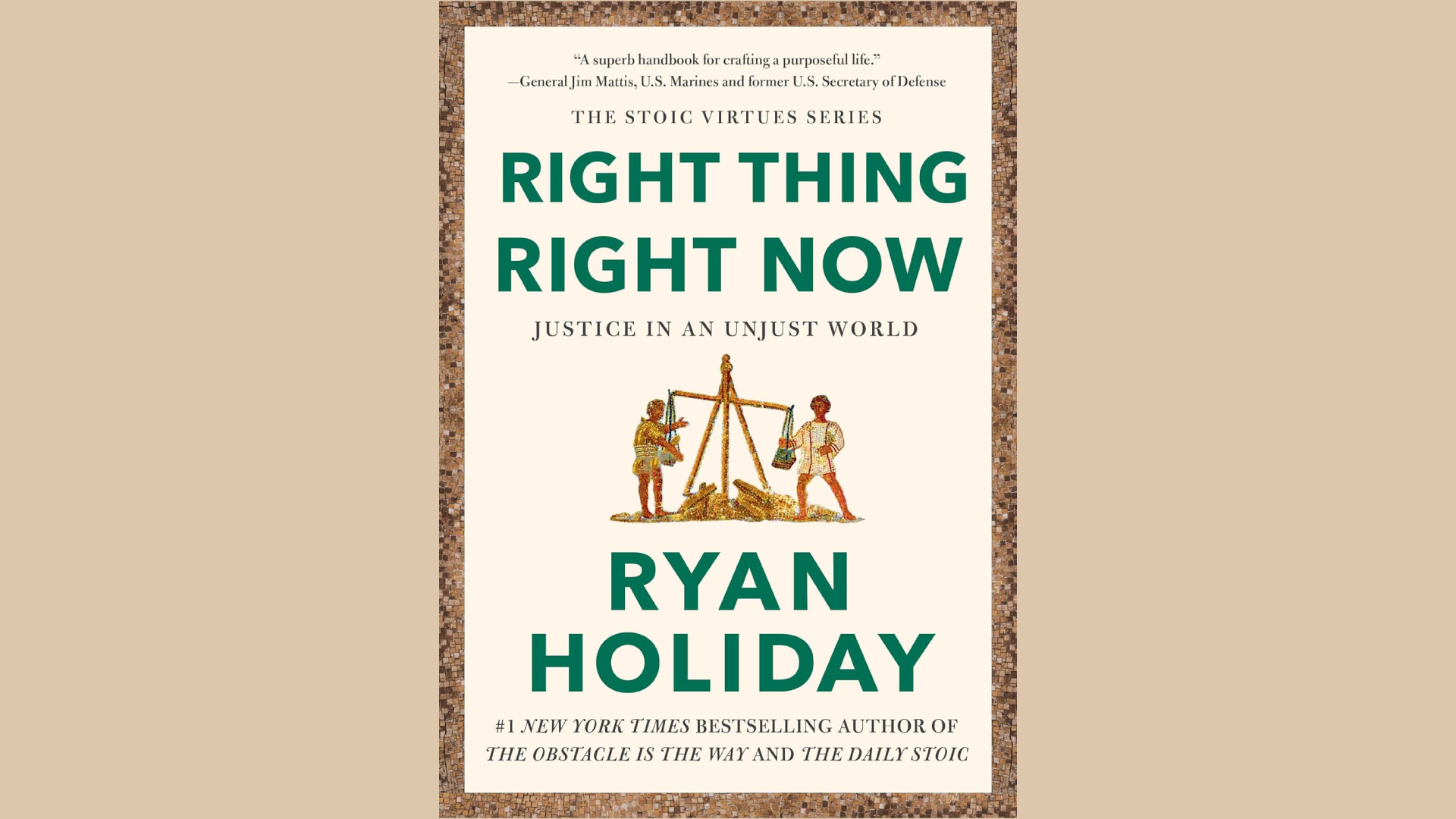
Ryan Holiday is a modern philosopher and author renowned for translating ancient wisdom into practical advice for contemporary living. His works often center around Stoicism and the importance of living a virtuous life. In his hypothetical book “Right Thing, Right Now: Good Values. Good Character. Good Deeds,” Holiday provides a comprehensive guide to living a life grounded in solid values, impeccable character, and impactful deeds. This article explores the book's key concepts objectively and analytically, offering insights into how these principles can be applied to everyday life.
Good Values
Defining Core Values
Identifying and understanding one’s core values is the foundation of a virtuous life. Honesty, compassion, and fairness are personal benchmarks and guiding principles for decision-making and behavior. Exercises to list and prioritize these values can help individuals clarify what is most important to them. Understanding the importance of values ensures that actions and decisions are consistent and align with one’s true self.
“You must reclaim the ownership of your actions, because once you have lost the ability to govern yourself, you’ve lost everything.” – Ryan Holiday
Living by Principles
Living by principles involves aligning daily actions with one’s core values. This alignment is crucial in both personal and professional life. The Stoic dichotomy of control—focusing on what we can control and accepting what we cannot—serves as a framework for moral decision-making. It encourages individuals to act consistently with their values regardless of external circumstances.
“It’s not enough to just wish for the right thing. You have to actively choose it.” – Ryan Holiday
Consistency and Integrity
Consistency in living by one’s values builds integrity, a quality that fosters trust and respect from others. Integrity is about being whole and undivided, aligning with one’s values across different situations. This steadfastness, especially during challenging times, is what defines true character.
Good Character
Building Character
Character is built through the cultivation of virtues such as wisdom, courage, temperance, and justice. These virtues are central to Stoic philosophy and are essential for personal development. Activities that challenge and build character, like public speaking, volunteering, or learning new skills, help develop these virtues.
“Character is fate, it shows who we are and determines what we become.” – Ryan Holiday
Role Models
Learning from historical and contemporary role models can provide valuable lessons in character development. Historical figures like Marcus Aurelius and Rosa Parks exemplify wisdom and courage. Modern-day heroes who demonstrate good character in their actions and decisions serve as tangible examples of how virtues can be lived out in today’s world.
Self-Reflection
Regular self-reflection through journaling helps individuals assess their actions and decisions, ensuring they align with their values. Seeking feedback from trusted friends, family, or mentors provides external perspectives and insights into areas for improvement, fostering continuous personal growth.
“The person who knows how little they know is the most educated person of all.” – Ryan Holiday
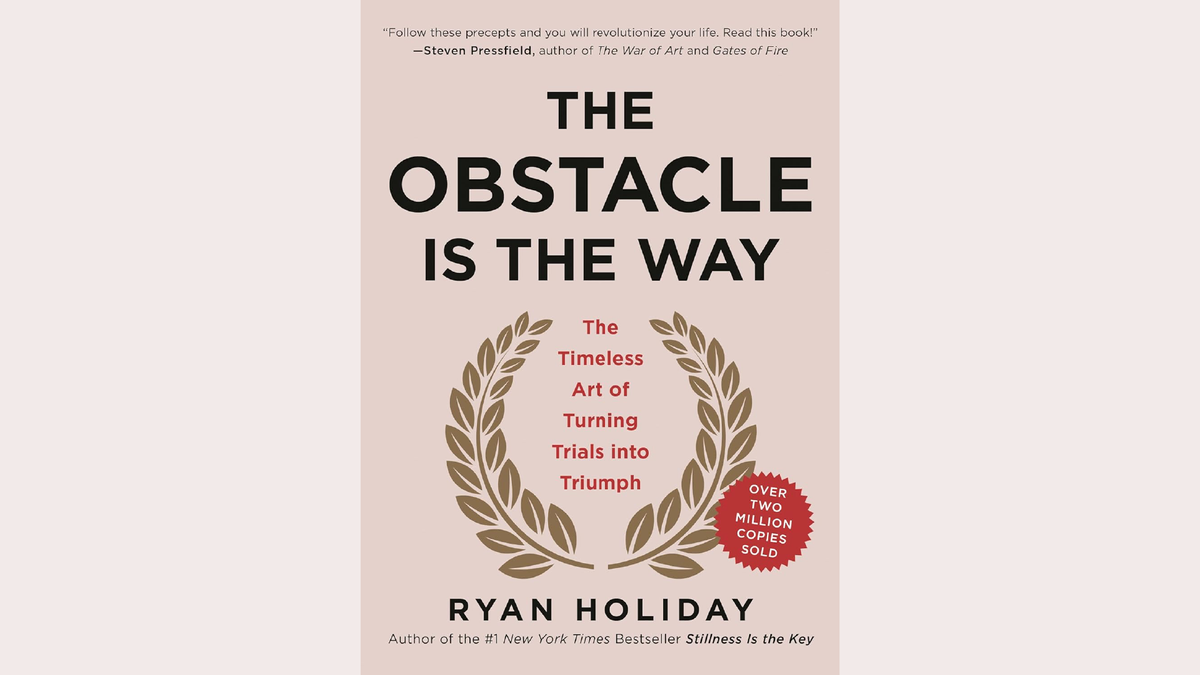
Good Deeds
Making a Difference
Good deeds, whether small or large, can make a significant impact. Small acts of kindness, such as offering a kind word or helping a neighbor, contribute to a positive social environment. More extensive projects or initiatives, like community service or advocacy work, can substantially change society.
Community and Service
Community service and volunteer work foster a sense of belonging and purpose. Contributing to society and building supportive networks benefits others and enriches one’s life. These activities demonstrate the practical application of good values and character.
Legacy
Thinking about the long-term effects of one’s actions is essential in creating a positive legacy. Mentorship and guidance are crucial in extending one’s influence and helping others develop their values and character. This, in turn, creates a ripple effect, amplifying the impact of good deeds.
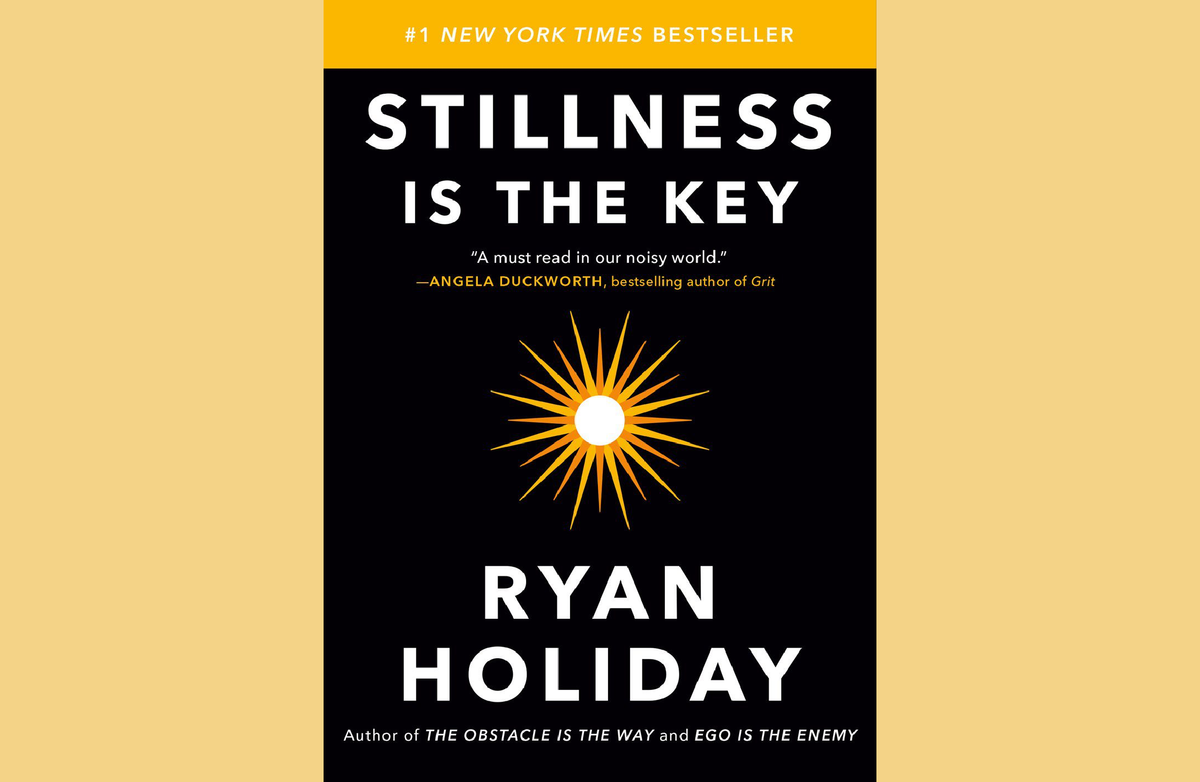
Practical Advice
Daily Practices
Establishing daily routines that reinforce good values and character is essential. Journaling, meditation, and gratitude exercises help maintain alignment with core values and track personal progress. These practices foster mindfulness, reduce stress, and cultivate a positive outlook.
Decision-Making
Applying Stoic principles to decision-making involves focusing on what can be controlled and responding rationally to situations. Ethical frameworks like the Golden Rule guide actions towards treating others with respect and kindness, ensuring decisions are moral and just.
“How you do anything is how you do everything. Everything is a chance to do good, to be better, to make the right choice.” – Ryan Holiday
Handling Adversity
Building Resilience is crucial for handling adversity. Techniques such as positive self-talk, seeking support, and viewing setbacks as learning opportunities help individuals stay grounded and principled during tough times. Stress management strategies, including exercise, proper sleep, and healthy eating, maintain physical and mental well-being.
Historical Insights
Historical figures provide timeless wisdom that can be applied to modern life. Marcus Aurelius’s “You have power over your mind—not outside events. Realize this, and you will find strength” and Epictetus’ “It’s not what happens to you, but how you react to it that matters” emphasize the importance of mindset and response.
Modern Examples
Contemporary figures like Malala Yousafzai, known for her courage and advocacy for education, and Bill Gates, recognized for his philanthropy, exemplify good values and character. Their stories inspire and demonstrate the real-world impact of living by these principles.
Personal Reflections
Ryan Holiday’s personal experiences and challenges illustrate the practical application of these principles. His reflections provide relatable insights and lessons learned, encouraging readers to apply the book’s concepts in their own lives.
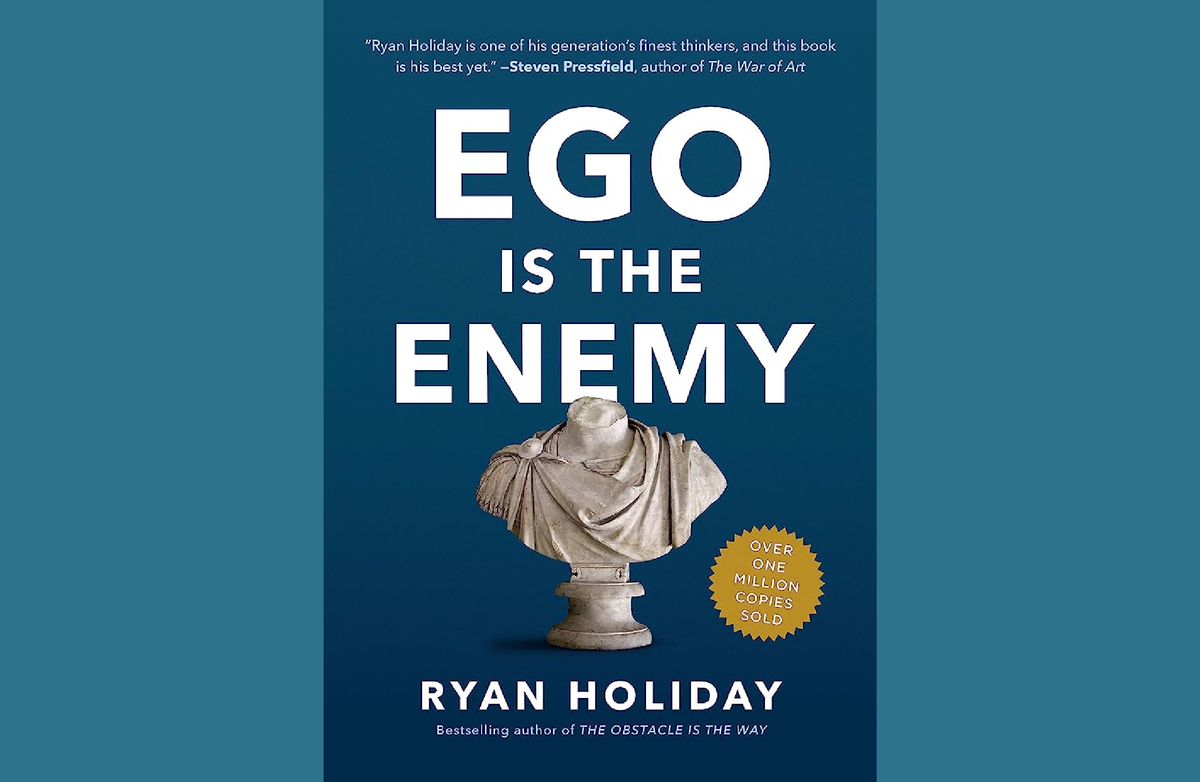
Conclusion: a comprehensive framework for personal development and meaningful living
“Right Thing, Right Now: Good Values. Good Character. Good Deeds” by Ryan Holiday is a practical guide for anyone looking to lead a life of purpose and integrity. Holiday encourages readers to focus on what truly matters and act with intention and virtue in every aspect of their lives through philosophical insights, practical advice, and inspiring stories. This analytical exploration of the book’s key concepts highlights the importance of living by good values, building strong character, and performing good deeds, offering a comprehensive framework for personal development and meaningful living.
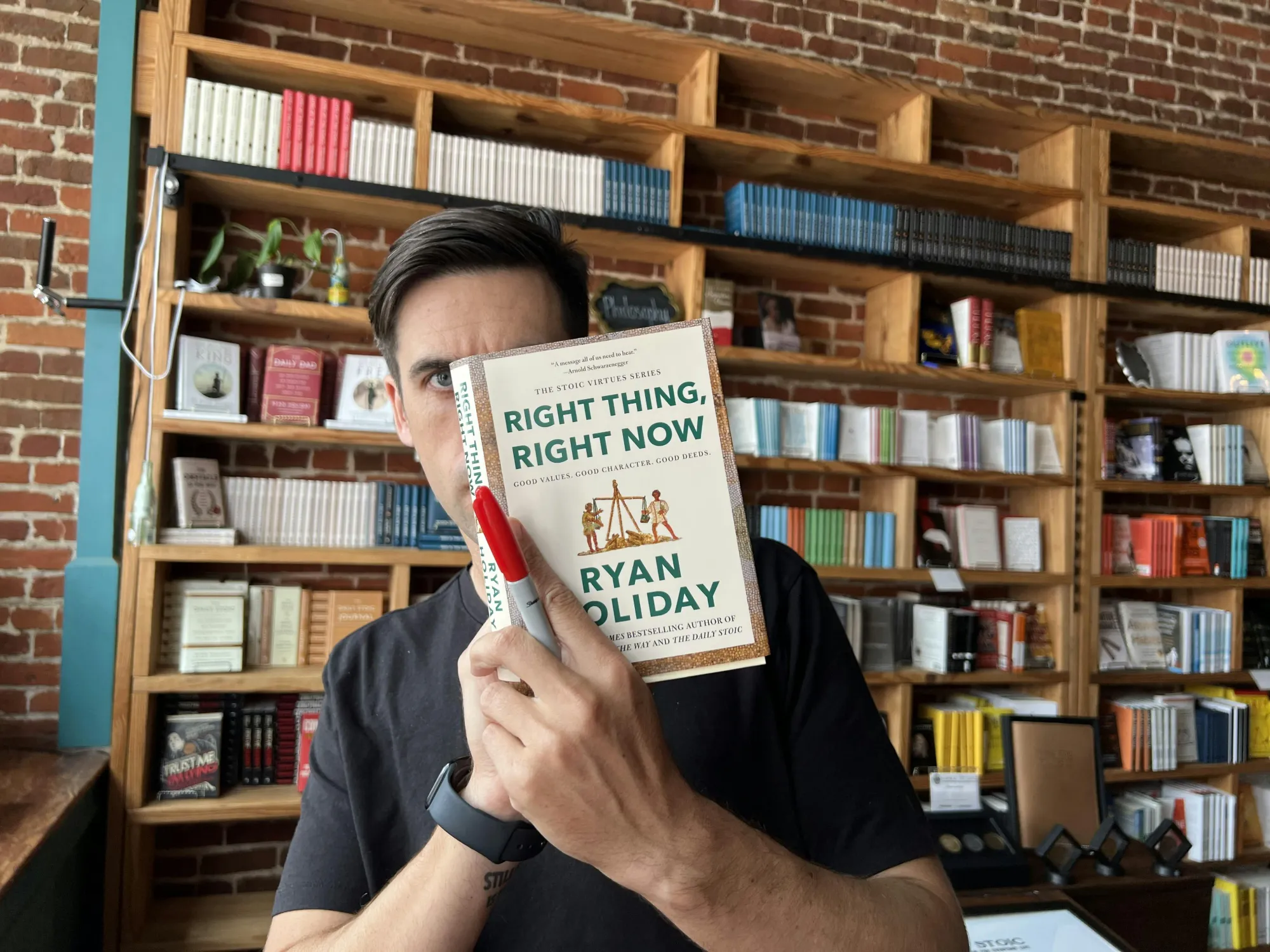
About the Author Ryan Holiday
Ryan Holiday is a best-selling author, marketer, and entrepreneur. He is known for his profound understanding of ancient philosophy and its application to modern life. Holiday has written several acclaimed books, including “The Obstacle Is the Way,” “Ego Is the Enemy,” and “The Daily Stoic.”
His works draw heavily on Stoicism, offering readers practical guidance on Resilience, discipline, and the pursuit of virtue. As a former marketing director for American Apparel and the founder of the creative agency Brass Check, Holiday combines his philosophical insights with real-world business experience. He is a sought-after speaker and advisor known for his ability to make timeless wisdom accessible and actionable.
Checklist t for Right Thing, Right Now
This checklist serves as a practical guide to help you integrate the core tenets of Holiday’s philosophy into your daily routine. Whether you seek to define and live by your values, build and strengthen your character, or perform deeds that make a positive difference, this checklist provides clear and concrete steps to align your actions with the principles of good values, character, and deeds. These steps can cultivate a life of integrity, purpose, and lasting impact.
1. Identify Your Core Values:
• Reflect on what values matter most to you.
• Write down and prioritize these values.
• Regularly revisit and reassess your values.
2. Align Actions with Values:
• Make decisions that reflect your core values.
• Ensure consistency between your actions and principles.
• Practice integrity by staying true to your values in all situations.
3. Cultivate Virtues:
• Focus on developing wisdom, courage, temperance, and justice.
• Engage in activities that build character, such as public speaking and volunteering.
• Learn from historical and contemporary role models.
4. Practice Self-Reflection:
• Keep a daily journal to reflect on your actions and decisions.
• Seek feedback from trusted friends, family, or mentors.
• Regularly assess and improve your character.
5. Engage in Good Deeds:
• Perform small acts of kindness daily.
• Participate in community service and volunteer work.
• Plan and execute more significant projects that create positive change.
6. Think About Your Legacy:
• Consider the long-term impact of your actions.
• Mentor and guide others to extend your positive influence.
• Aim to create a ripple effect through your good deeds.
7. Establish Daily Practices:
• Maintain a journaling routine to track progress.
• Practice meditation and mindfulness to reduce stress.
• Keep a gratitude journal to foster a positive outlook.
8. Use Ethical Decision-Making:
• Apply Stoic principles to focus on what you can control.
• Use the Golden Rule to guide your interactions with others.
• Make decisions that are moral and just.
9. Build Resilience:
• Develop techniques like positive self-talk and seeking support.
• View setbacks as opportunities for growth and learning.
• Maintain physical and mental well-being through exercise, sleep, and healthy eating.
By following this checklist, you can live following the principles outlined in “Right Thing, Right Now: Good Values. Good Character. Good Deeds,” leading a life of integrity, purpose, and positive impact.

